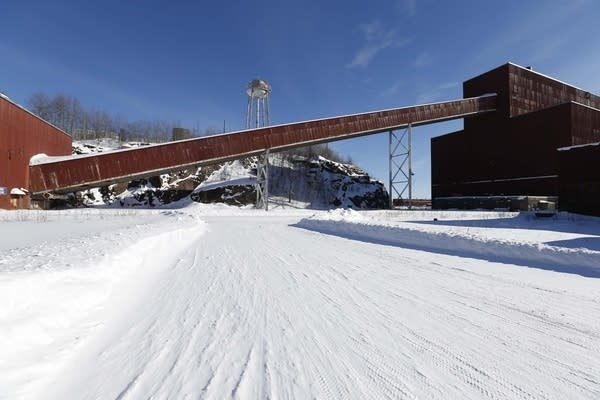Minnesota OKs final state permits for PolyMet's NE Minn. copper-nickel mine

In this photo taken Feb. 10, 2016, the closed LTV Steel taconite plant sits abandoned near Hoyt Lakes, Minn. The site is getting closer to returning to life as part of Minnesota's first copper-nickel mine, proposed by the PolyMet mining company.
Jim Mone | AP file 2016
Go Deeper.
Create an account or log in to save stories.
Like this?
Thanks for liking this story! We have added it to a list of your favorite stories.


